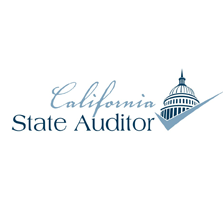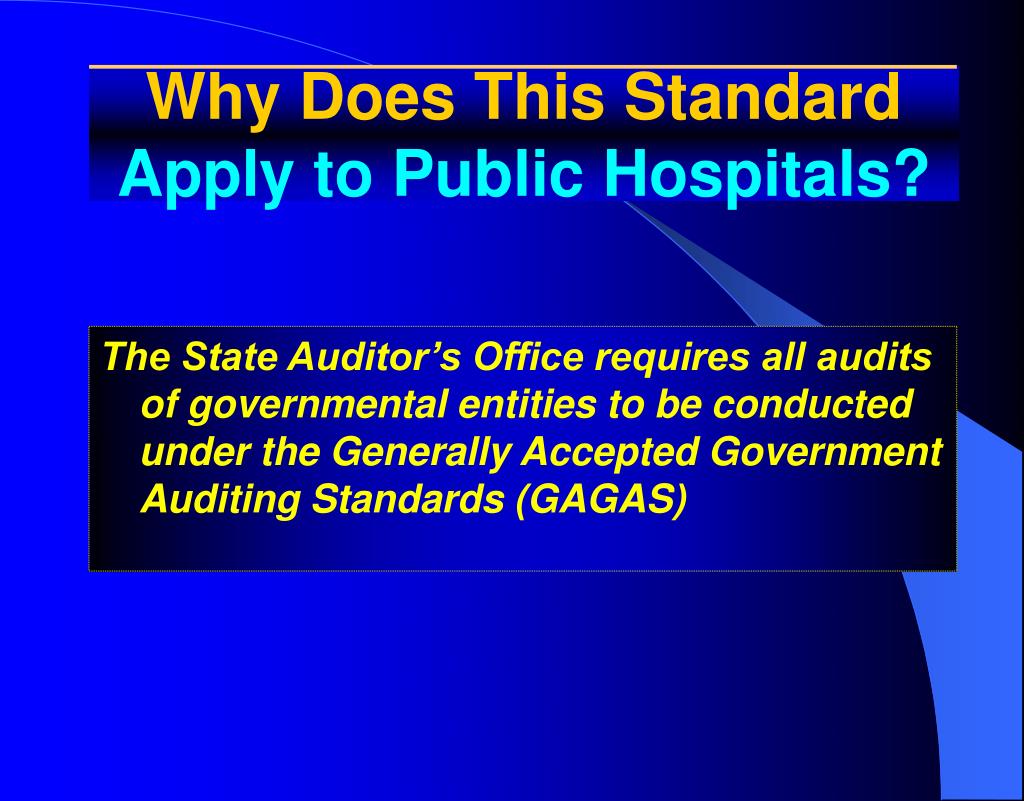

This especially is an issue in an investment company structure where the entities under control change frequently. In complex organizational structures, there is a significant compliance burden in identifying all such affiliates and making independence determinations. Thus, the entities and their auditors would have to grapple with independence issues if the parent company’s audit firm has provided prohibited services, such as bookkeeping, to remote, immaterial entities. In this situation, the parent company and each of the operating subsidiaries would be considered affiliates of each other. For example, a parent company may own operating companies, which also may own further operating companies. Difficult analytical problems often arise in assessing independence issues with respect to affiliates of the audit client. Under the soon-to-be modified requirements, the audit client is defined to include affiliates, which are defined as entities that the audit client controls, that have control over the audit client or that are under common control. The requirements set out a nonexclusive list of circumstances (including, for example, prohibited services or lending relationships) that would be inconsistent with independence with respect to the audit client. The general standard of auditor independence under the requirements is that an auditor is not independent with respect to the audit client if a reasonable, fully informed investor would conclude that the auditor is not capable of exercising objective and impartial judgment on all issues encompassed within the audit engagement. These amendments take effect 180 days from their publication in the Federal Register. The SEC’s view of the comments received is that “any commenters broadly supported the objectives of the proposed amendments or were generally in favor of the proposals.” The SEC adopted the rules as proposed in a 3-2 vote on October 16, 2020, with only several modifications. During a comment period that ended in April 2020, the SEC received approximately 30 comments on those proposals. On December 30, 2019, the SEC announced proposed amendments to its auditor independence requirements to further focus them on the relationships and services that the SEC believes are most likely to threaten an auditor’s objectivity and impartiality. In June 2019, the agency amended the requirements regarding certain debtor-creditor relationships, with the intent of focusing on relationships most likely to impact an auditor’s objectivity and impartiality. The SEC has made only limited modifications to its auditor independence requirements in the 20 years since their adoption. The SEC has repeatedly emphasized that “maintaining the independence of auditors is crucial to the credibility of financial reporting.” As such, auditors and audit committees constantly - both before and during an engagement - must be vigilant against impairment of their independence and devote substantial resources to verifying and maintaining that independence. These final rules also change the auditor independence requirements related to initial public offerings (IPOs), M&A activity and similar corporate events, and certain requirements around ordinary course debtor-creditor relationships. Accordingly, this could expand the pool of auditors available to registrants, which would provide more relevant industry expertise, drive down audit costs and improve the quality of financial reporting.

In addition to cutting compliance burdens and costs for registrants and auditors, the SEC expects that these proposed amendments will reduce the instances in which auditors are not considered independent. Such issues include situations where the entity under audit is under common control with other entities, which frequently is an issue for operating and portfolio companies, investment companies, and investment advisers and sponsors.

The final rules, adopted on October 16, 2020, principally focus on complications that arise from auditor independence assessments with respect to affiliates of the audit client. The Securities and Exchange Commission (SEC) has issued final rules that significantly modify the framework that public companies and their auditors use to evaluate auditor independence, providing additional clarity for certain particularly difficult and recurring issues.


 0 kommentar(er)
0 kommentar(er)
